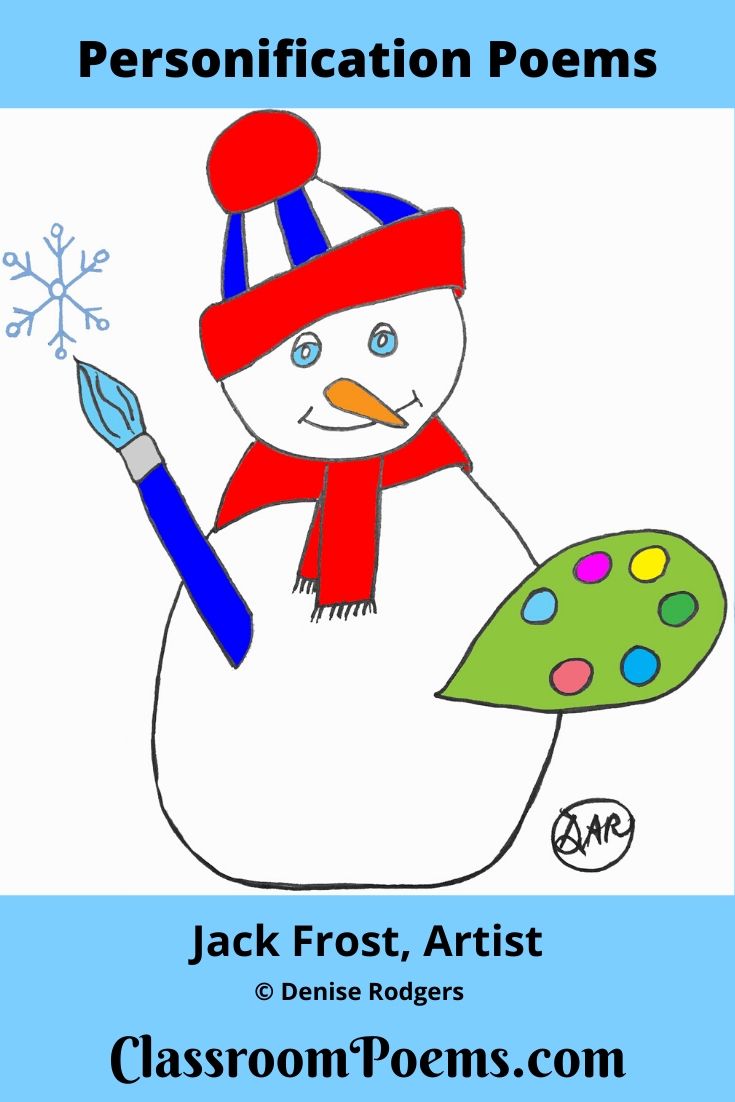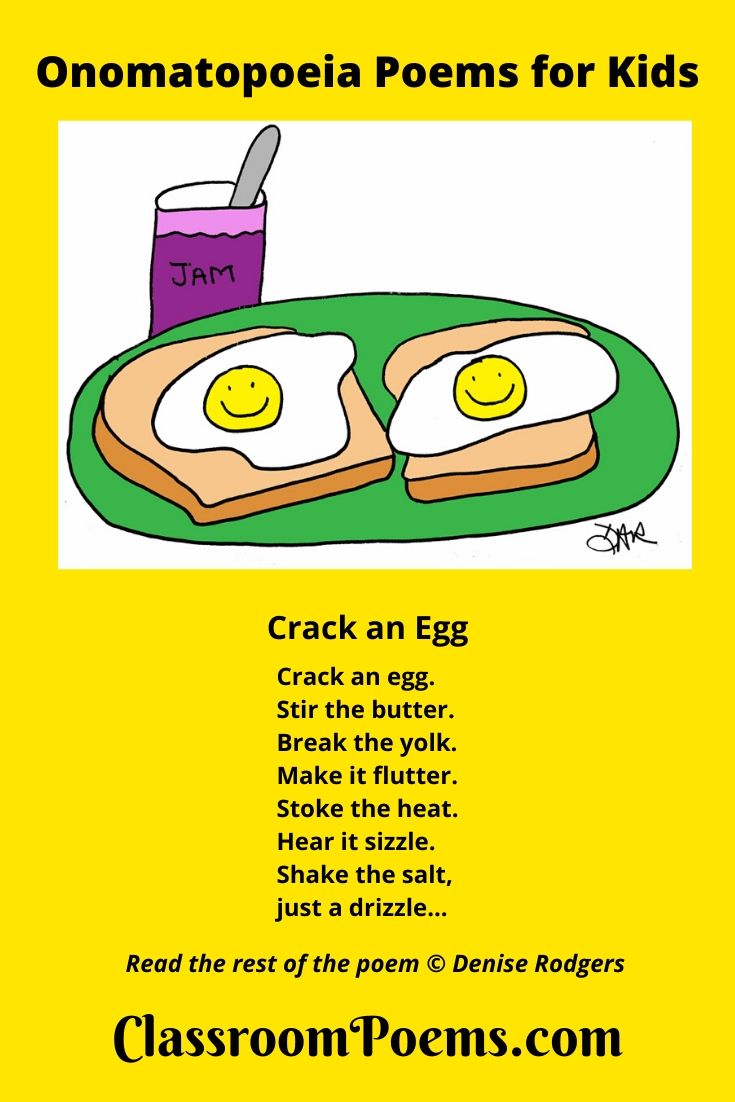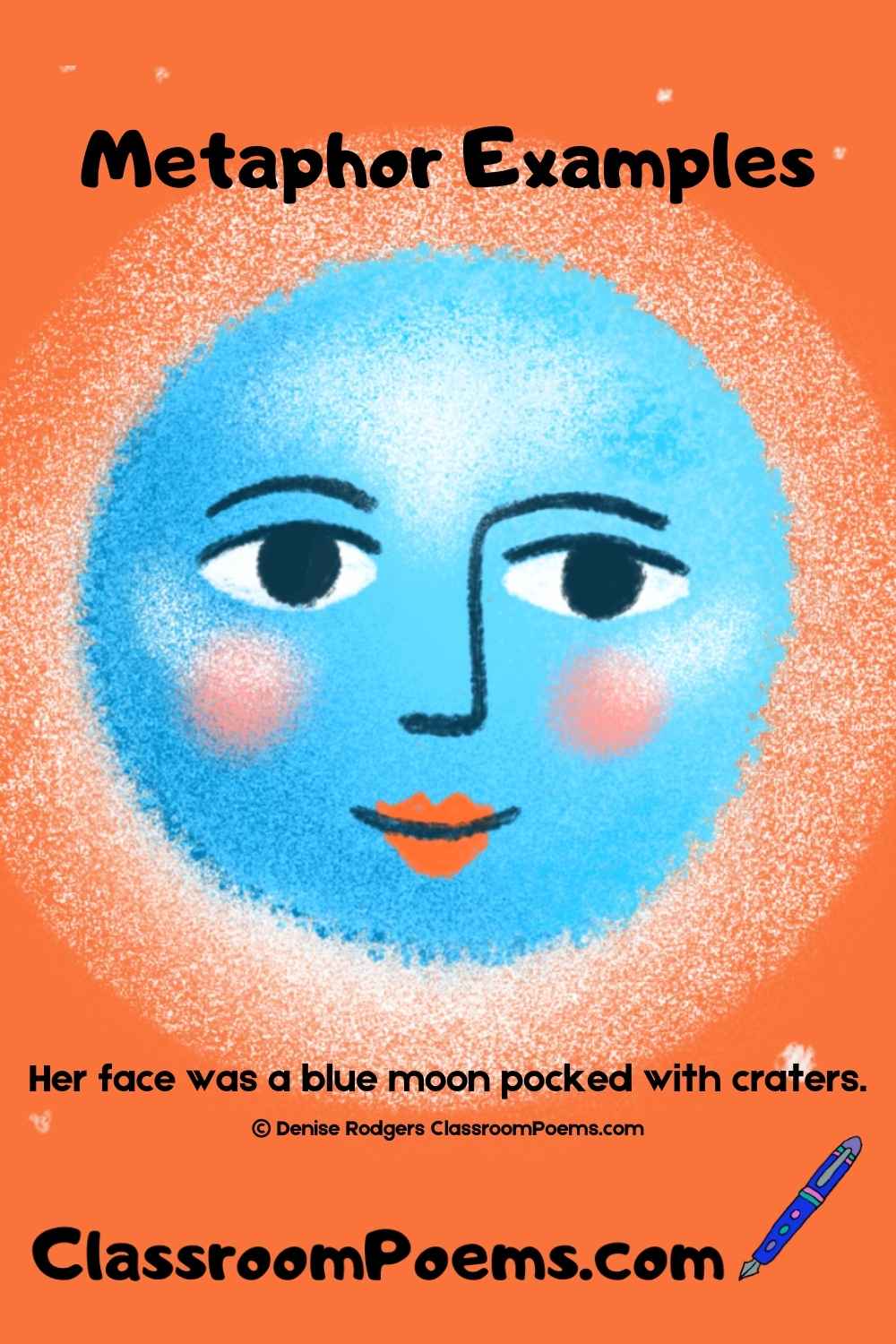Repetition in Poetry
Going hand-in-hand with rhythm, is repetition in poetry. The repetition of words and phrases creates a mood and often the rhythm that we find pleasing in poetry, and also in prose (regular speech, such as found in everyday life as well as in novels and stories). The first example of repetition is the first two stanzas of Edgar Allan Poe’s ANNABEL LEE. Take note of the repetition, not only of the word “love” but the repetition of the rhythm, sounding almost like the waves of the sea where the poem takes place.
ANNABEL LEE
It was many and many a year ago
in a kingdom by the sea,
That a maiden there lived whom you may know
by the name of Annabel Lee;
And this maiden she lived with no other thought
than to love and be loved by me.
I was a child, and she was a child
in this kingdom by the sea;
But we loved with a love that was more than love --
I and my Annabel Lee;
With a love that the winged seraphs of heaven
Coveted her and me.
From The Words of the Late Edgar Allan Poe, vol. ii, 1850
https://www.poetryfoundation.org/poets/edgar-allan-poe
Repetition In Poetry: Example #2
Another example of repetition in poetry is from my poem, MY LEAKY FAUCET, first published in my book, A LITTLE BIT OF NONSENSE. The second line of each of the stanzas has a three-word rhythm that rhymes with the following stanza. Please note how the three-word repetition holds the poem together, along with the rhyme. This is one of the effective building blocks of poetry.
MY LEAKY FAUCET
My nose, a leaky faucet, has
a drip, drip, drip.
I wipe it so it won’t land on
my lip, lip, lip.
I think that I’m allergic to
all weeds, weeds, weeds,
and long-haired cats
and vegetables
with seeds, seeds, seeds.
All winter long
I cough a lot
from mold, mold, mold.
It’s hard to say it’s
different from
a cold, cold, cold.
My sister just says
“Bless you, and stop
please, please, please.”
I answer with a
“Thank you,” then I
sneeze, sneeze, sneeze.
by Denise Rodgers
Copyright ©Denise Rodgers
All rights reserved.
Permissions
Repetition in Poetry: Example #3
Another example of poetic repetition is found in THE WIND WAS WILD, also found in my book, A LITTLE BIT OF NONSENSE. The repetition is not quite as obvious in this poem. But notice how the word “blew” is in the beginning and end of the poem, and how the last line repeats itself to end the poem.
THE WIND WAS WILD
The wind was wild, the wind was stout.
It blew my bedroom window out.
it blew my clothes around the street.
it swirled around my head and feet.
And after all was said and done,
it flew me quickly towards the sun,
up through the sky and out to space.
I felt a smile across my face.
I circled ‘round the moon and then
I headed toward the sun again,
past asteroids and space debris,
past Venus, then past mercury.
I reached the sun and on the spot I turned around –
it was too hot!
I landed quickly in my bed.
My mother came inside and said,
“Get off that bed and clean this mess!”
Her face showed signs of pure distress.
Outside the blustery wind still blew.
Oh, if she knew. Oh, if she knew.
by Denise Rodgers
Copyright ©Denise Rodgers
All rights reserved.
Permissions
Repetition in Poetry: Example #4
The last example of repetition in poetry is I WISH, on page 62 of A LITTLE BIT OF NONSENSE. As you can see, the repetition starts with the title.
I WISH
I wish to rent a gibbon.
I wish to meet a gnome.
I wish to fly to Zanzibar, so far away from home.
I wish to ride a camel all the way to Timbuktu.
(I wouldn’t even mind a nasty saddle sore or two.”
I wish to get some gossamer and fashion up some wings.
I wish,
I wish,
I wish,
I wish to do so many things.
I wish that I’d get lucky – get just one of my great wishes.
Any would be better than to stay home doing dishes.
by Denise Rodgers
Copyright ©Denise Rodgers
All rights reserved.
Permissions
Using
Repetition
in Your Own Poetry
The next time a word or a phrase catches your ear and your mind, write it down in your journal. (You DO keep a journal, don’t you!) When you’re ready to write, see how it works to repeat that word or phrase again and again in a way that is satisfying.










